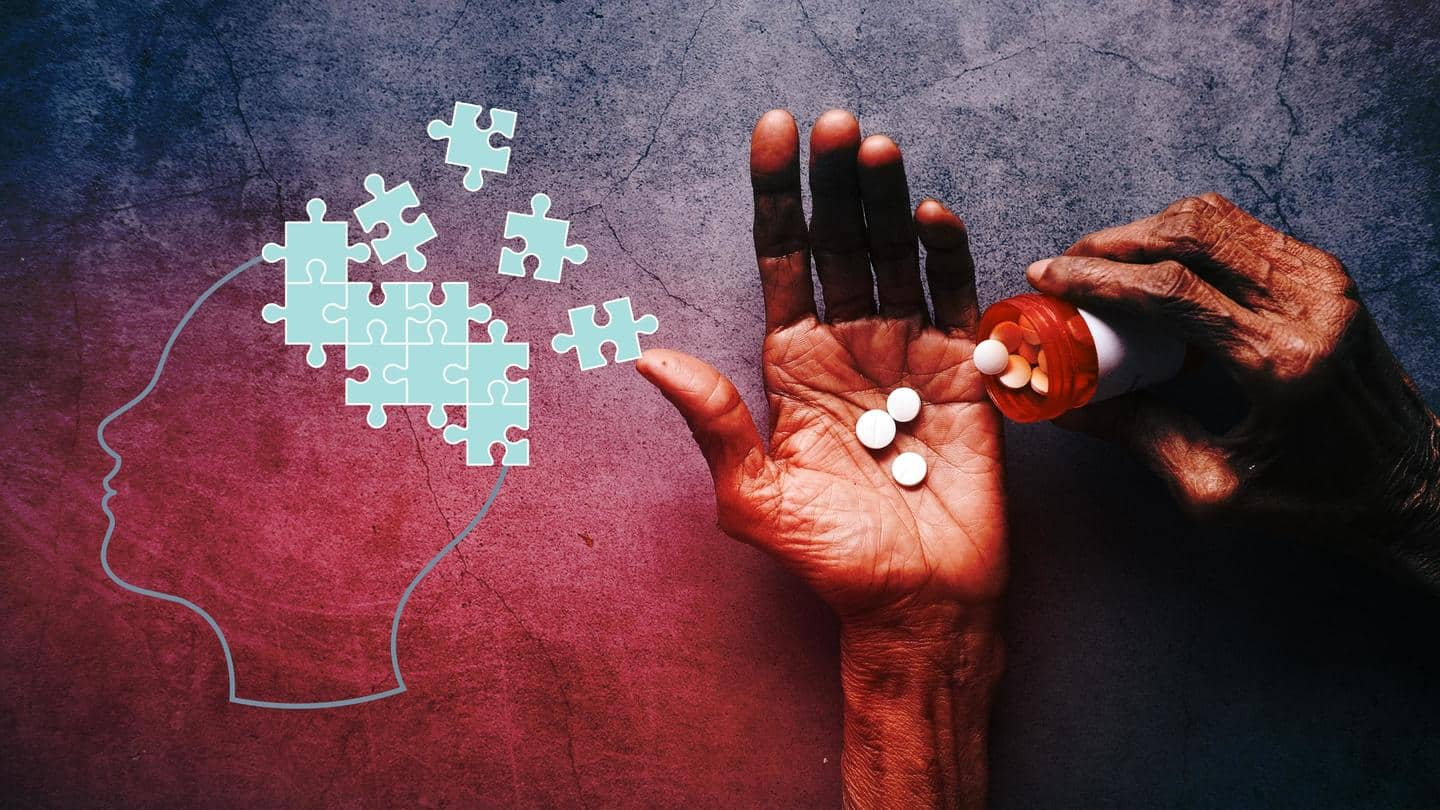
World Alzheimer's Day 2022: All you need to know
What's the story
World Alzheimer's Day is observed every year on September 21st.
This day creates awareness about the disease while organizing fundraisers and other campaigns to shed light on those suffering from it.
Additionally, it also encourages educating people about the nitty-gritty of this disease and how one should deal with an Alzheimer's patient.
Here's everything you need to know about this cognitive ailment.
Meaning and history
What exactly is Alzheimer's?
Alzheimer's is a neurological disorder that affects memory and hinders daily functions.
Medically, it shrinks the brain causing the brain cells to die eventually.
The disease was founded in 1984 by a German psychiatrist named Alois Alzheimer while he was treating a 50-year-old patient.
This disease has neither any preventive measures and cure nor any technique that could slow down its progression.
Let's understand
What causes Alzheimer's disease?
Scientists around the world haven't been able to discover the root causes of Alzheimer's disease.
However, it's known that aging is a common cause.
In its early-onset, it can occur at the age between 30-60 years, while late-onset occurs in a person's mid-60s.
Additionally, other causes include environmental, lifestyle, and genetic factors.
People with down syndrome are more likely to develop Alzheimer's disease.
Stay alert
How to identify early symptoms of Alzheimer's?
Memory problems are typically one of the first signs of Alzheimer's.
However, different people experience different symptoms at the initial stage of this disease.
One may also see a decline in their thinking ability such as finding the right words, judgment issues, vision/spatial problems, and impaired reasoning.
Early symptoms may also include repetitive questioning, forgetting names and events, misplacing items, and forgetting conversations.
Information
Common personality and behavioral changes
Patients may also showcase personality and behavioral changes including hitting you or other people, unusual sexual behavior, getting upset, worried, or angry easily, not showing any interest, wandering away from home, misconceptions and imagining things that don't exist, lack of sleep, confusion, and anxiety.
Cause and effect
How is Alzheimer's different from dementia?
Alzheimer's is a type of dementia, and one of the most common causes of it.
"While Alzheimer's is a disease, dementia is a symptom that can have many other causes," says Dr. Akanksha Saxena, Consultant ENT, Head & Neck Cancer Surgeon.
While dementia is a general term for the decline in mental ability, Alzheimer's initially affects the brain and then makes other activities difficult.
Care
Here's how you can deal with Alzheimer's patients
Caregivers can't stop the behavior, personality, mental, or physical symptoms of an Alzheimer's patient but they can learn to cope with them.
Ask or speak one thing at a time.
Make a daily routine so they know when certain things will happen.
Don't argue or try to reason.
Use humor when and where you can.
Reassure the patient that they are safe with you.